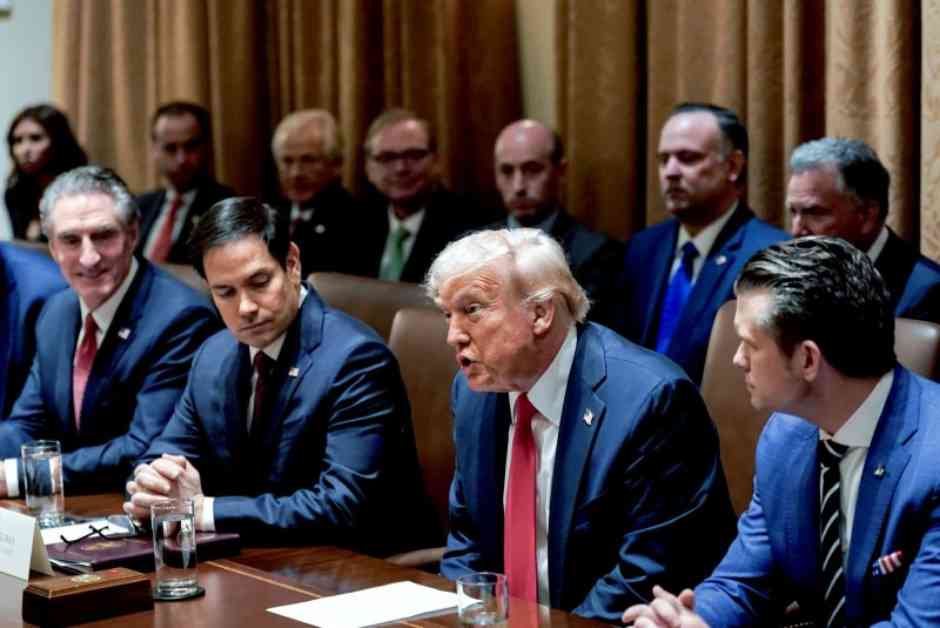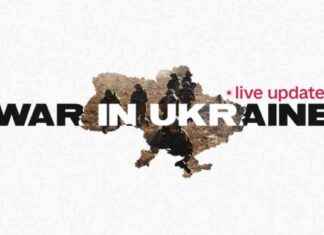President Trump is set to convene with his top national security advisors to deliberate on the potential suspension or cancellation of US military aid to Ukraine. This decision comes on the heels of a contentious meeting between Trump and Ukrainian President Zelenskyy at the White House, where tensions flared over the Russia-Ukraine conflict and security assurances for Ukraine.
The meeting, scheduled for March 3rd, will include Secretary of State Marco Rubio and Defense Secretary Pete Hegseth to explore various policy options for Ukraine. This may involve halting the final deliveries of ammunition and equipment that were approved and funded during the Biden administration. The anonymous official who disclosed this information to The New York Times hinted at a significant shift in US-Ukraine relations.
The fallout from the Trump-Zelenskyy meeting has reverberated across the international stage, prompting European leaders to take action. British Prime Minister Keir Starmer described the encounter as acrimonious and emphasized the need for a peace plan to resolve the conflict. In response, a coalition of European nations assembled in London to devise a strategy for peace in Ukraine, showcasing solidarity with the embattled nation.
During the London summit, leaders from 18 countries, including France, Germany, and Canada, pledged their support for Ukraine. British Prime Minister Starmer announced plans to provide £1.6 billion in export financing for advanced air defense missiles, bolstering Ukraine’s defenses against potential invaders. European Commission President Ursula von der Leyen reiterated the EU’s commitment to aiding Ukraine both economically and militarily, envisioning a formidable defense against external threats.
The escalating crisis has thrust the UK into a unique position as a mediator between Europe and the US. Analysts speculate on the dual objectives of Prime Minister Starmer: fostering US engagement in Ukraine’s security while preparing for the possibility of US disengagement. The situation underscores the delicate balance between diplomacy and defense in a volatile geopolitical landscape.
As tensions mount and alliances are tested, the world watches with bated breath to see how the situation will unfold. The fate of US military aid to Ukraine hangs in the balance, with far-reaching implications for international relations. Amidst the uncertainty, one thing remains clear: the need for strategic cooperation and diplomatic finesse to navigate the complexities of global conflict.

















